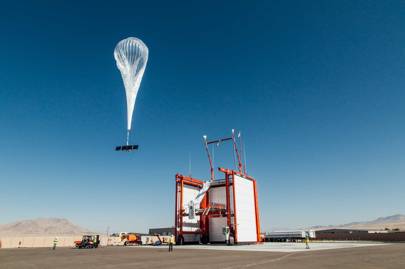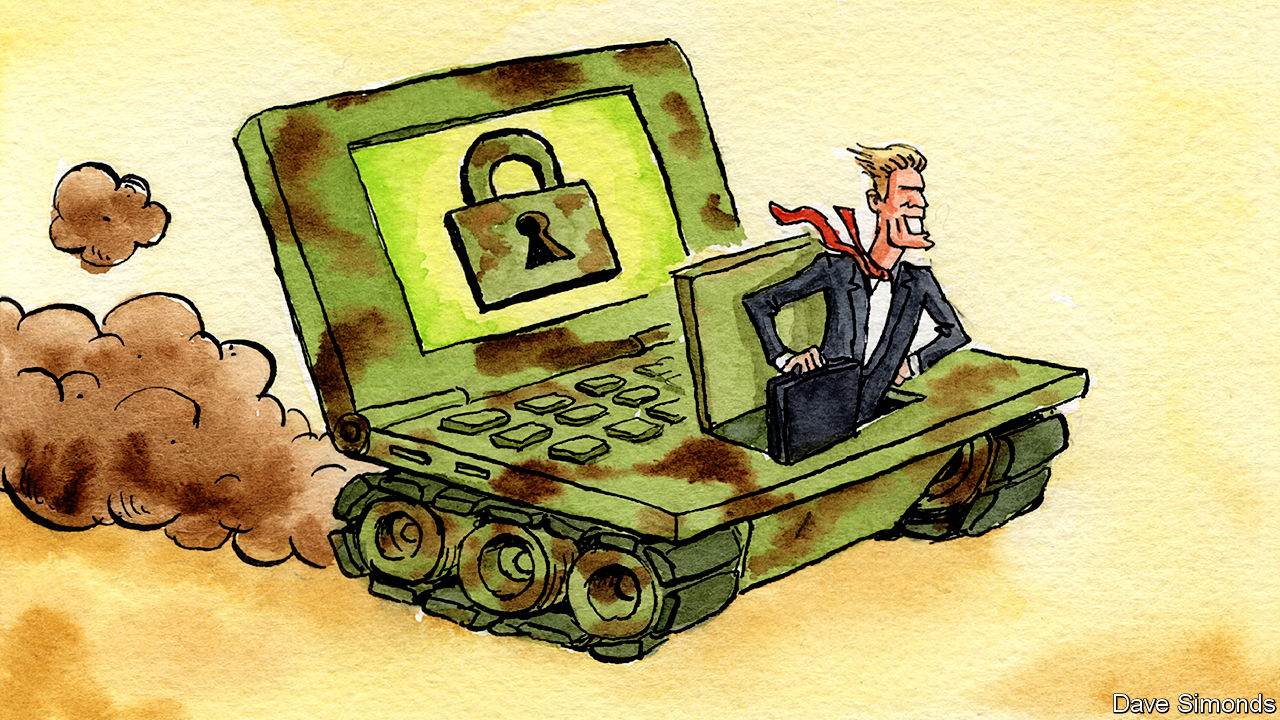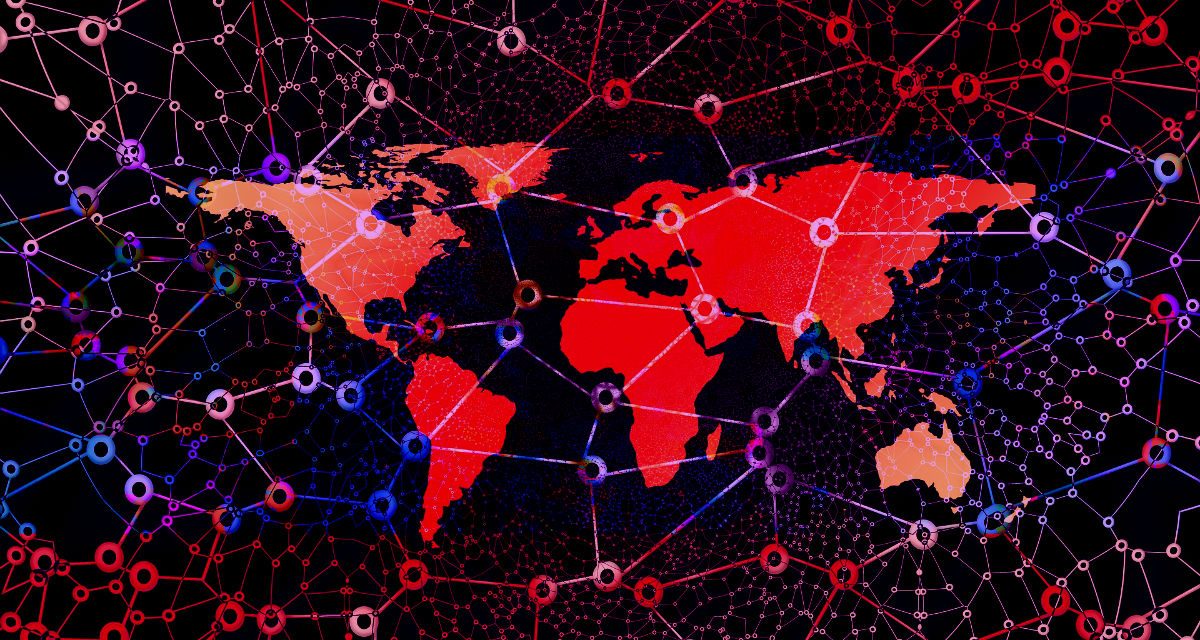OMAR WARAICH
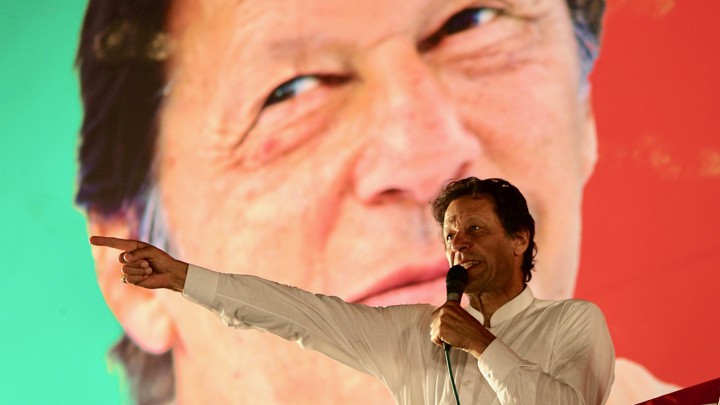 ISLAMABAD, Pakistan—At long last, Imran Khan is the prime minister of Pakistan. After winning the highest number of seats in parliament in this week’s election, the former cricket legend and philanthropist is now set to form a national government and possibly rule two of Pakistan’s four provinces, making him the country’s most powerful civilian leader in decades. It’s a remarkable reversal of fortunes for Khan, who for decades was mocked by his opponents as a naïve, inexperienced celebrity keen to perpetuate his own fame. Khan, however, remained determined. “I always fight till the last ball,” he told me a few years ago.
ISLAMABAD, Pakistan—At long last, Imran Khan is the prime minister of Pakistan. After winning the highest number of seats in parliament in this week’s election, the former cricket legend and philanthropist is now set to form a national government and possibly rule two of Pakistan’s four provinces, making him the country’s most powerful civilian leader in decades. It’s a remarkable reversal of fortunes for Khan, who for decades was mocked by his opponents as a naïve, inexperienced celebrity keen to perpetuate his own fame. Khan, however, remained determined. “I always fight till the last ball,” he told me a few years ago.
 ISLAMABAD, Pakistan—At long last, Imran Khan is the prime minister of Pakistan. After winning the highest number of seats in parliament in this week’s election, the former cricket legend and philanthropist is now set to form a national government and possibly rule two of Pakistan’s four provinces, making him the country’s most powerful civilian leader in decades. It’s a remarkable reversal of fortunes for Khan, who for decades was mocked by his opponents as a naïve, inexperienced celebrity keen to perpetuate his own fame. Khan, however, remained determined. “I always fight till the last ball,” he told me a few years ago.
ISLAMABAD, Pakistan—At long last, Imran Khan is the prime minister of Pakistan. After winning the highest number of seats in parliament in this week’s election, the former cricket legend and philanthropist is now set to form a national government and possibly rule two of Pakistan’s four provinces, making him the country’s most powerful civilian leader in decades. It’s a remarkable reversal of fortunes for Khan, who for decades was mocked by his opponents as a naïve, inexperienced celebrity keen to perpetuate his own fame. Khan, however, remained determined. “I always fight till the last ball,” he told me a few years ago. 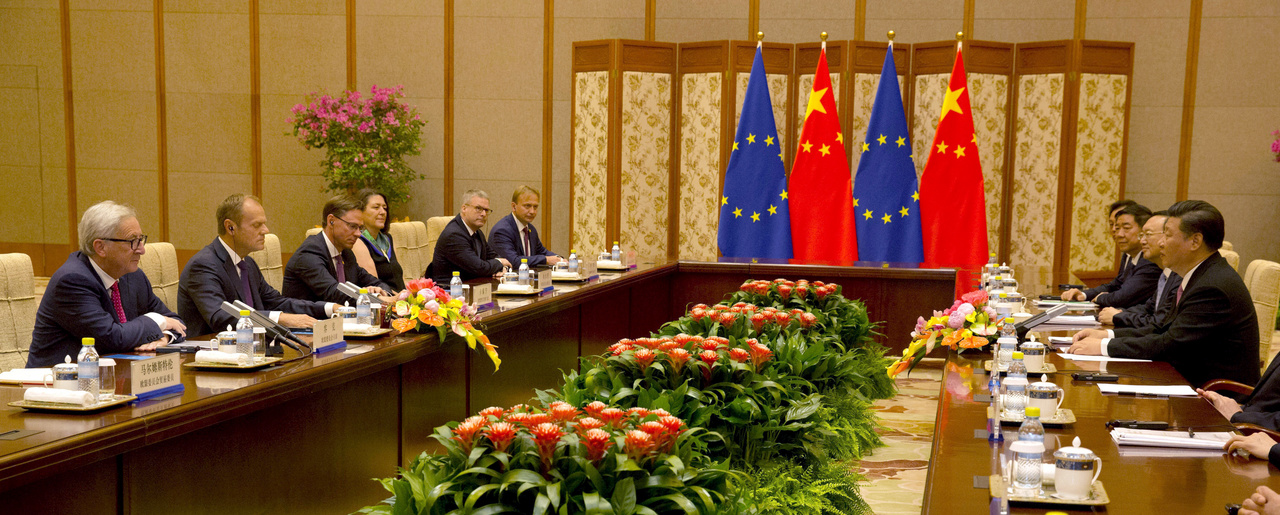
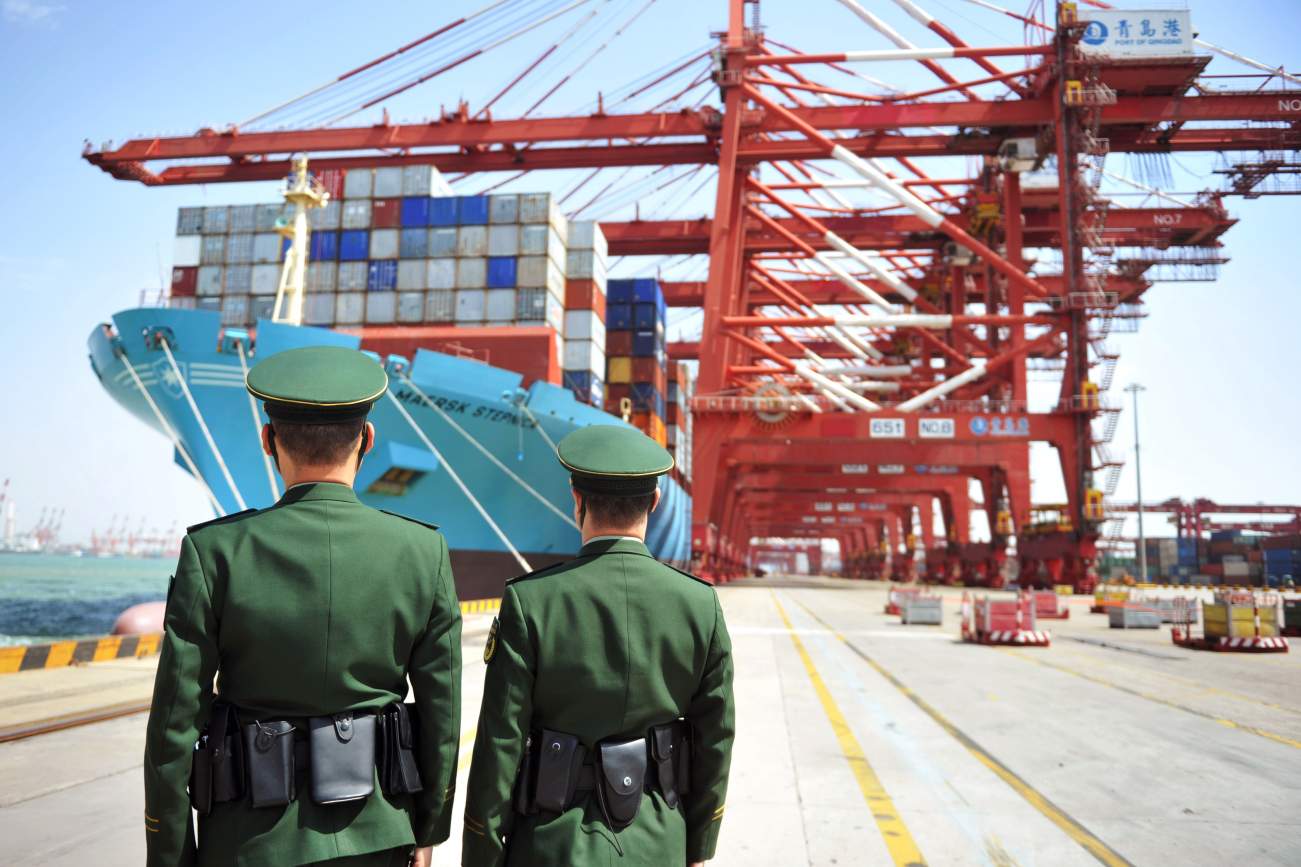

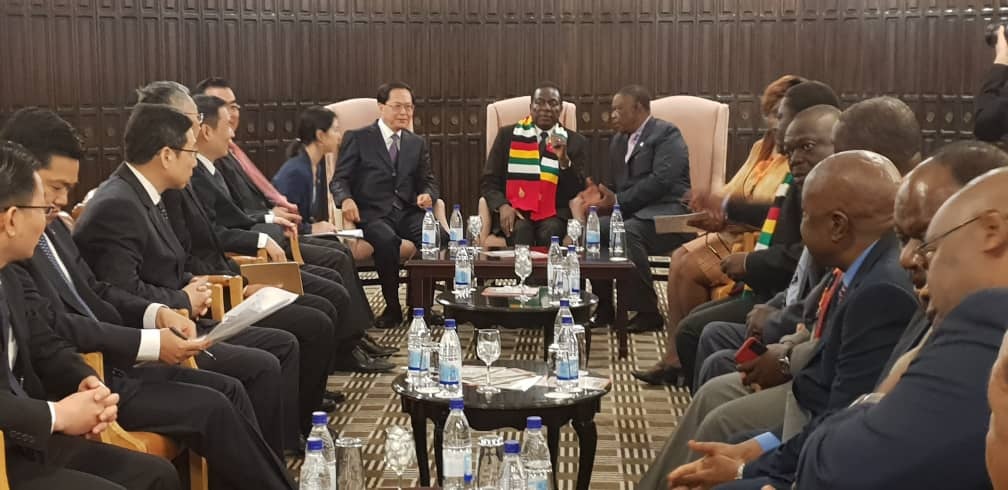
/arc-anglerfish-arc2-prod-mco.s3.amazonaws.com/public/V6MOLNPMJVEFTBQDSCSL3ZMWE4.jpg)
/arc-anglerfish-arc2-prod-mco.s3.amazonaws.com/public/D5ICJKCDYNB2JC2T22MFSHDVX4.jpg)
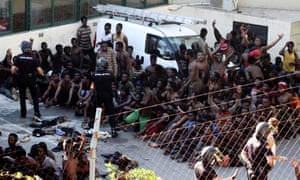

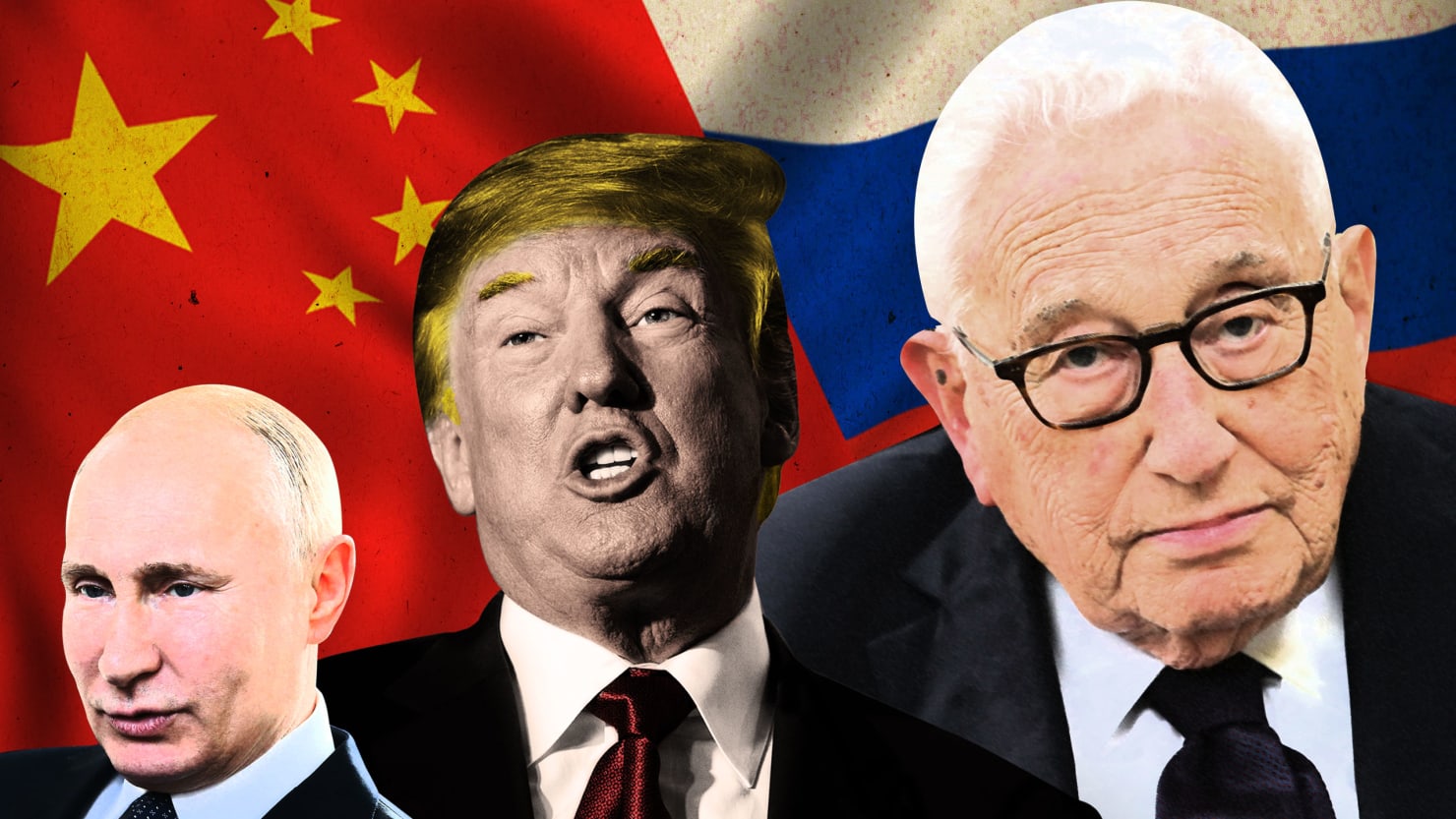


/arc-anglerfish-arc2-prod-mco.s3.amazonaws.com/public/D4ZD2G3SQFERNLQ6VTZV25MYDI.jpg)
/arc-anglerfish-arc2-prod-mco.s3.amazonaws.com/public/ATSRMCSXRFEQ5MXRXAWNCPHWQQ.jpg)
